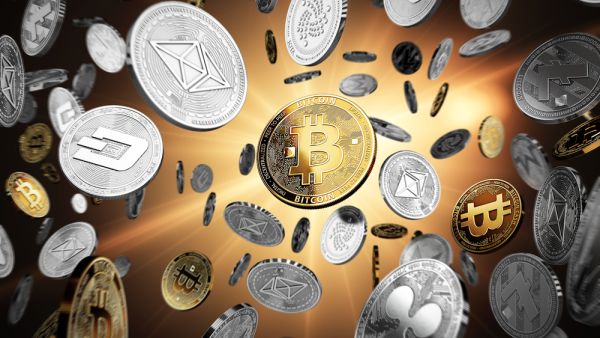Twelve years have passed since the invention of Bitcoin, a term that first appeared in a research paper by a so-called 'Satoshi Nakamoto', published after the financial crisis in 2008. Some studies indicate that a decrease in confidence in traditional currencies at that time contributed to the acceptance of the new currency, which subsequently spread like wildfire and became a global phenomenon and still enjoys a large share of public attention.
While bitcoin has turned some people into millionaires, it has made others bankrupt. While some see it as an integral part of the Fourth Industrial Revolution, others see no future for it. In their view, it is an illegal and illegitimate currency, or something equivalent to a gamble or even conspiracy.
It is not just the ordinary people who have been surprised and baffled with the bitcoin. Even countries have tackled it with confusion and hesitance, going back and forth on their stand. Some countries refused to adopt it, then returned to try it cautiously. Others took the opportunity to try to win quickly and then abruptly changed their decision. For example, an investor in China established a mining laboratory in 2014 with the support of the government and was able to acquire 30 per cent of the bitcoins in the world. However, the Chinese government decided to develop its own digital currency under the name Digital Currency Electronic Payment (DCEP) to compete with bitcoin.
In 2015, Ecuador, which was one of the most cautious countries in dealing with bitcoin, became the first country to issue its own similar digital currency. This was followed by efforts and projects to issue digital currencies. Thus, the world's aversion to bitcoin turned into a competition to create similar currencies.
The aversion to bitcoin was not due to its digital nature, but rather its other mysterious features. Bitcoin has no sponsor and is difficult to control, whereas other similar currencies, whether already in use or under production, are approved and controlled by their respective countries.
Hamad Obaid Al Mansoori
The views/opinions expressed in this article are those of the author and do not necessarily reflect the views and opinions of Al Bawaba Business or its affiliates.








